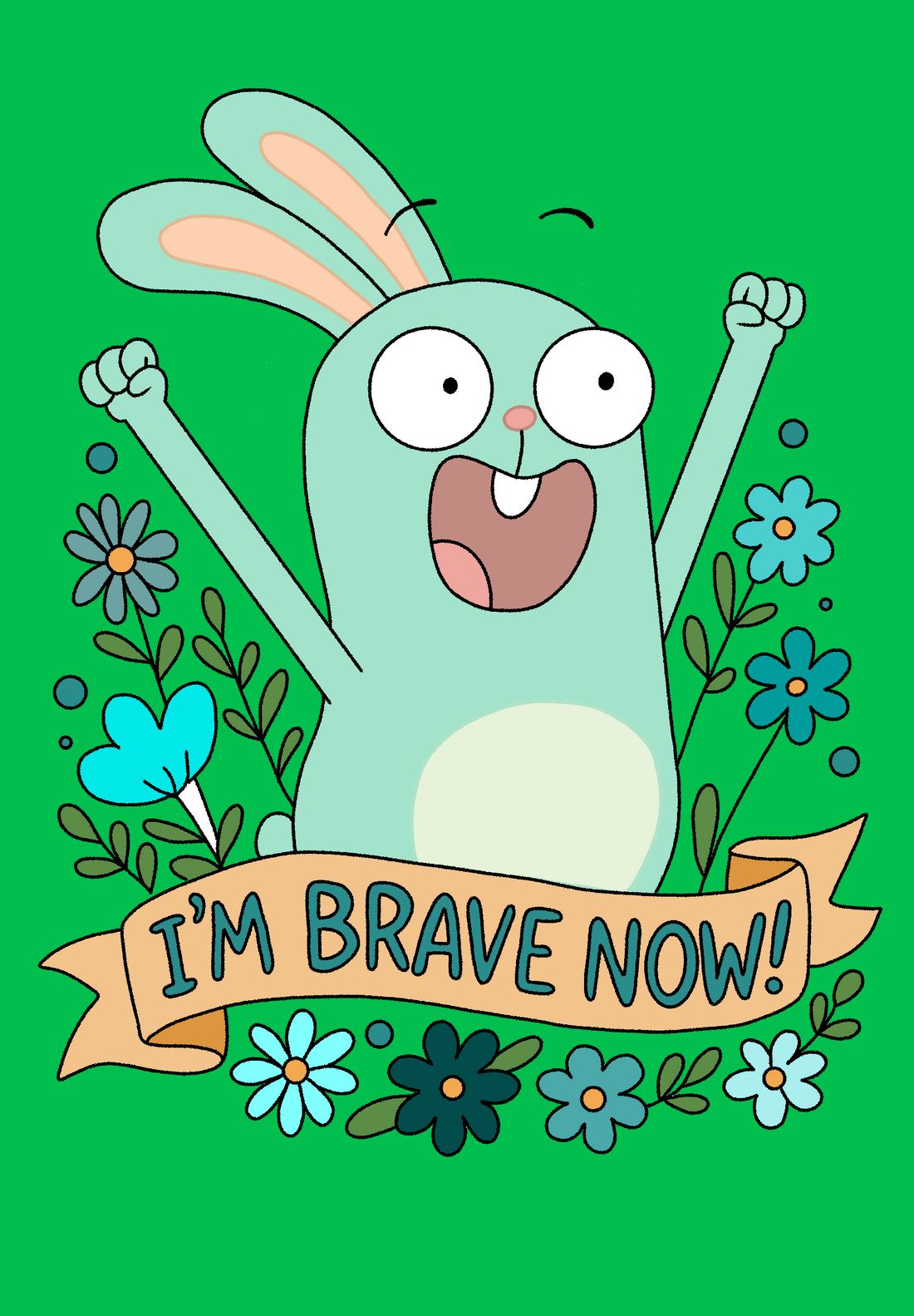
The Unwanted Skill I Can’t Stop Using: Medical Advocacy
Share
I never set out to learn the language of western medicine. I didn’t dream of sitting in cold ER chairs, translating jargon, or holding my breath every time a doctor walked in with an update. Yet here I am, reluctantly fluent in a system I never wanted to navigate, but now can’t seem to avoid.
The months of caring for my mom—days blurring into nights of beeping monitors, sterile rooms, and endless explanations—were brutal. I didn’t want to be good at this. But when the people you love are sick, there’s no choice but to become their translator, their protector, their advocate. I learned to decode acronyms, interrupt politely, and push back when something didn’t feel right. I learned how to speak in their language—measured, clinical, pointed—so my mother’s humanity wouldn’t get lost in the charts.
And then it happened again. Another person I love was admitted to the ER. Without thinking, I stepped in. Muscle memory. Questions asked, notes taken, confusing lingo clarified into plain English. The twisted confidence of someone who knows the system well enough to know where it fails.
Here’s the truth: when you’re sick, you are at the mercy of everyone around you. You hope that the nurses are watching closely, that the doctors are listening, that the hospital is functioning as it should. But the truth is harsher—our medical system has too many sick people, not enough trained staff, and far too many cracks for someone to slip through. That’s why every patient needs an advocate, someone who can notice the details and fight back against the overwhelm of human error or insurance meddling.
It fills me with both pride and sadness when medical staff ask if I’m one of them. I’m not. I didn’t go to school for this. I didn’t train. I just learned the hard way, standing bedside, time after time. I’ve become skilled in something I never wanted to know, forged by the suffering of the people I love most.
And yet—this is now a part of me. This is a skill that will come in handy over and over again, even if I resent the reason I carry it. I’ve found something else I’m good at: making sure the system doesn’t kill the people I love. It’s not a badge I wear proudly, but it is one I wear fiercely. Because in this medical labyrinth, someone has to care enough to light the way.
